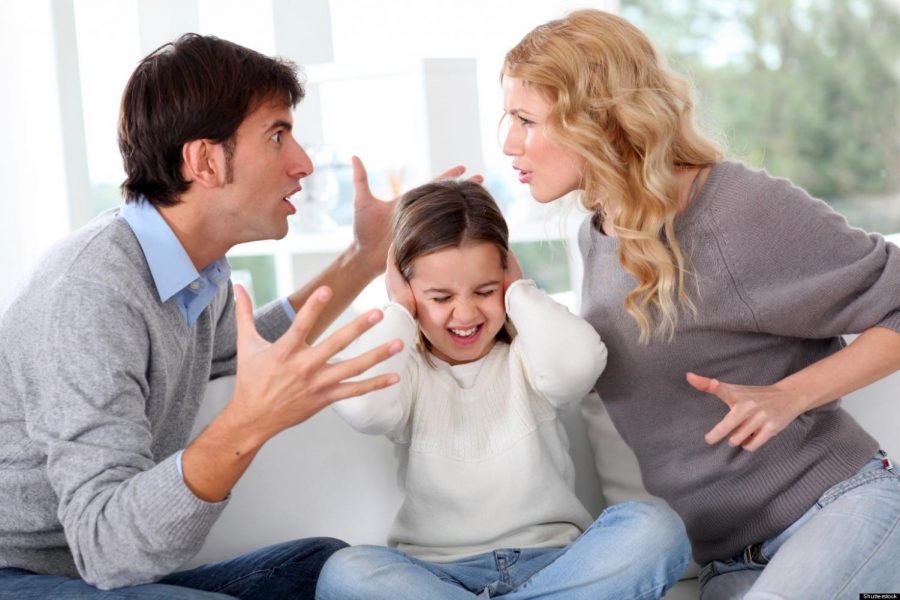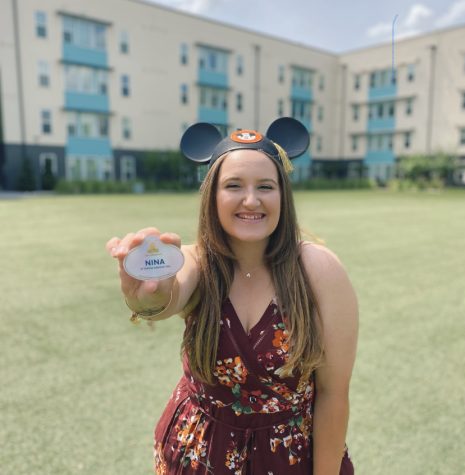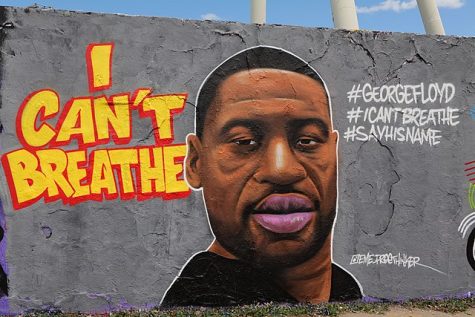The True Effect the Divorce of Parents has on Children
May 5, 2021
One of the hardest things a child can go through is their parents separating. The toll that a divorce takes on a child is mentally and physically draining. Through personal experience, I have learned that divorce can cause depression in children, a higher risk of anxiety, and even
possible regression in particular aspects of their lives.
On top of all of this, divorce can also have an effect on the relationship a parent has with their child. This is an extremely important as well
as a prevalent topic that too many children go through yearly.
It has been proven that children whose parents go through divorce have higher rates of emotional instability, suffer academically, develop behavioral issues, and much more. There are many different factors that play a role in how a child might react during divorce or even how they end up acting years later.
Age and gender can also play a tremendous role in the effect on the child. The effects of divorce clearly follow on for years afterward for the parents and children.
My parents got divorced when I was only ten years old. It’s all I really know. The memories I do have of my parents together weren’t the greatest. I grew up being really jealous of my friends whose parents were still together. I envied the dinners they would have together, the
holidays and birthdays that were spent together, and everything in between. The divorce that my parents went through was not an easy one and it took a huge toll on me along with my brother who is five years younger than me. So, from the firsthand experience, I know that divorce can ruin not only a person mentally but also the relationships that I or my brother could have with anyone, even our own parents.
Ultimately, from reading about the effects that divorce has on children and adolescents throughout the years, to educate my brother and me, not only do I feel some type of closure in my personal life but, I have a deeper understanding of different ways a child may react to
divorce. Having this knowledge could benefit me one day in my career if I am to ever come across a child who has some of the typical signs of mental illness or seems to be struggling due to issues at home.
You can’t always understand what is going on in someone’s head or at home just by looking at them; you can not be so quick to judge. Divorce truly can tear a child apart mentally or even ruin relationships. If a child doesn’t think they need someone who
could help them, they do, and a teacher, a caregiver or even a friend could be that person for them. It is so important to be aware of the topic and help in any way we can.










